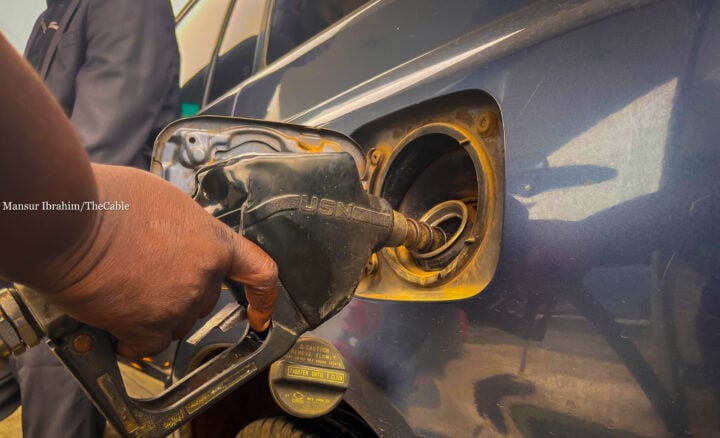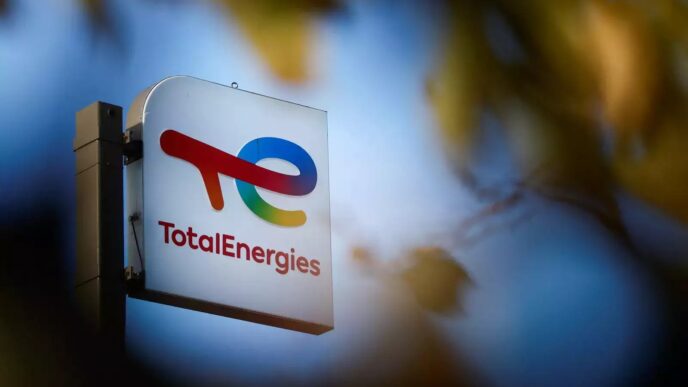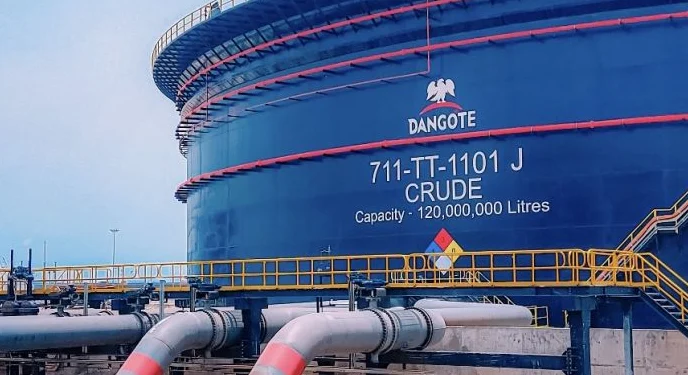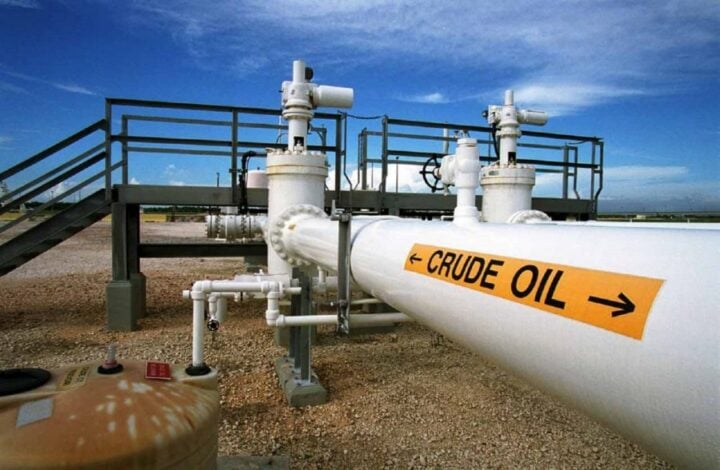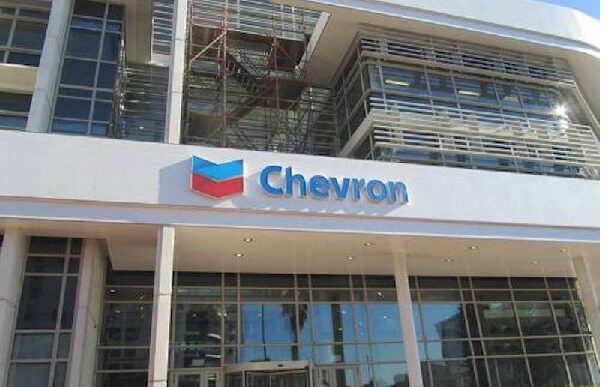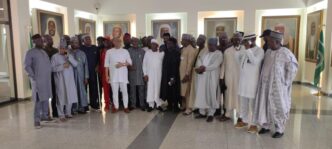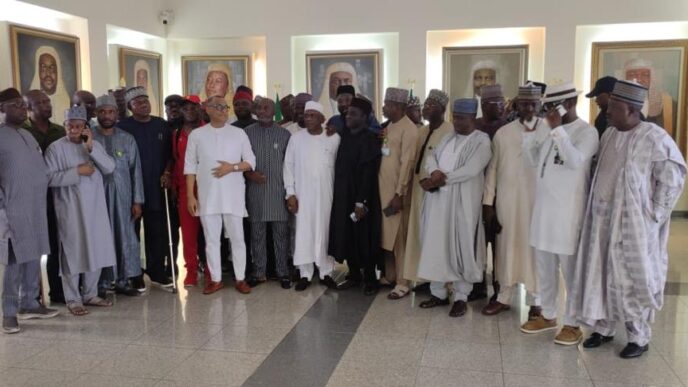Umaru Ibrahim, former managing director (MD) of the Nigeria Deposit Insurance Corporation (NDIC), says supporting Dangote Petroleum Refinery is crucial to mitigate the negative consequences of fuel scarcity.
Ibrahim spoke at the 2024 Mid-Year Enterprise Risk Management (ERM) Conference organised by the Association of Enterprise Risk Management Professionals (AERMP) in Lagos.
He urged regulators to exercise caution to prevent risks to the public and support Dangote refinery to operate optimally, adding that fuel queues had reappeared in Lagos, a development he described as a bad sign.
“I expect the regulator to exercise more caution even if the regulator has all the facts,” Ibrahim said.
Advertisement
“Regulators should not take actions that could harm or de-market the institutions they regulate.”
Ibrahim’s statement followed a dispute between Dangote refinery and Farouk Ahmed, chief executive officer (CEO) of the Nigerian Midstream and Downstream Petroleum Regulatory Authority (NMDPRA).
On July 18, Ahmed said local refineries, including the Dangote refinery, produce inferior products compared to the ones imported into the country.
Advertisement
Dangote denied the allegation by testing diesel from his refinery on July 20 when federal lawmakers visited the plant.
The billionaire, who alleged international oil companies (IOC) are not supplying crude oil to his refiner, also called for a probe into the allegations made by the NMDPRA.
On July 22, the lawmakers launched investigations into Ahmed’s claim.
They said allegations that the IOCs in Nigeria are frustrating the survival of the Dangote refinery will also be probed.
Advertisement
A day after, the house of representatives asked the federal government to suspend Ahmed over “unguarded comments”.
‘ACCOUNTABILITY NECESSARY FOR ECONOMIC REFORMS TO SUCCEED’
Ibrahim advised regulators to engage in self-regulation to maintain credibility and relevance while adopting measures against risks.
According to the former NDIC MD, there is a need for accountability among regulators and collaboration among the banking and financial services sectors, media, legislature, and professional bodies.
Advertisement
Speaking on the theme “Enterprise Risk Management Framework: Implementation and Global Best Practices in the Capital and Financial Markets,” Ibrahim said the collaboration would ensure the success of ongoing monetary policy reforms.
“The days of overbearing bank CEOs and chairmen are over, but we must all work together for financial stability,” he said.
Advertisement
“Regulators must be credible, fair, seek professionalism, and possess robust knowledge.”
Ibrahim said regulators must be subjected to scrutiny by all concerned parties, including operators, civil society, the national assembly, and the media.
Advertisement
Add a comment
